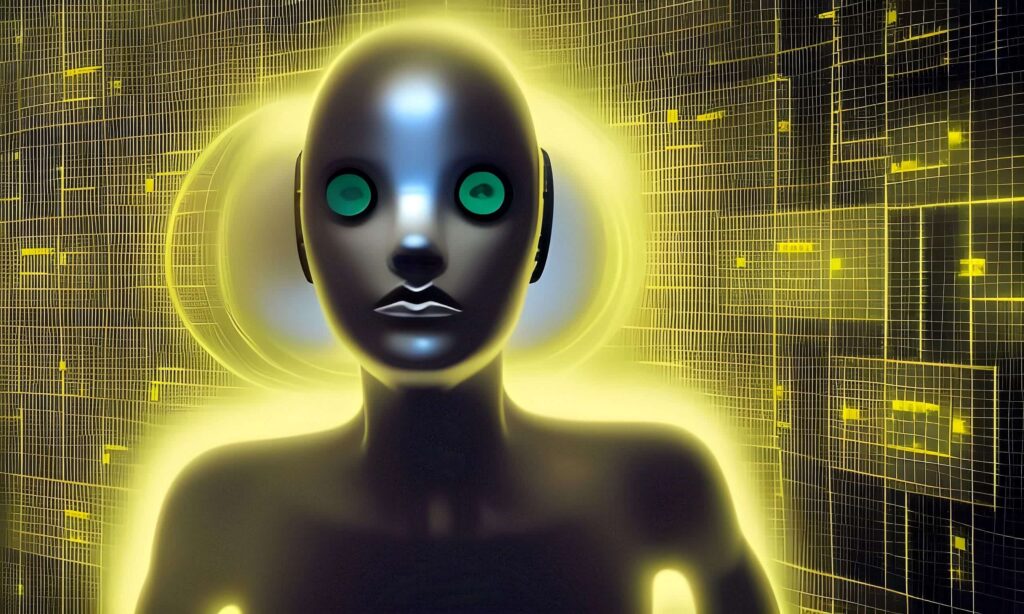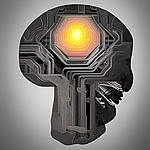Article Topics.
ToggleAn Overview.

Artificial intelligence is a rapidly advancing technology that is increasingly being incorporated into many aspects of our daily lives – whether we like it or not.
From the annoying personal assistants like Siri and Alexa, to self-driving cars and intelligent medical diagnosis systems, AI is changing the way we interact with technology and how we live on this planet.
Latest artificial intelligence applications.
As mentioned, one of the most widespread applications of AI is in personal assistants.
These virtual personages can understand and respond to voice commands, allowing us to control our smart devices and access information ad nauseam. Time saving perhaps, but nothing of any momentous value for most of us. But that’s just my humble opinion.
However, these AI assistants can also learn from our chosen preferences and habits over time, making them more personalized and efficient.
Natural language processing (NLP) technologies are also being integrated into chatbots and virtual customer service agents, which enable companies to provide 24/7 customer support and respond to inquiries more efficiently.
Scare Alert: If you currently work in a call centre, it could be a smart move to retrain, as there is a strong likelihood of AI replacing the human assistant completely within the next five years.
AI in transport – our highway to the future.
Another area where AI is making a significant impact is in transportation.
Self-driving cars are being continually developed by companies such as Tesla and Waymo, which use a combination of sensors, cameras and AI algorithms to navigate the roads and make driving decisions.
Despite some adverse publicity regarding crashes, we eventually expect these vehicles to reduce accidents caused by human error and make transportation more efficient.
AI-powered traffic management systems are also being developed to optimize traffic flow and reduce congestion in cities.
AI in healthcare – will we be living longer?
 AI is also being adopted in healthcare to improve patient outcomes and make medical care more efficient.
AI is also being adopted in healthcare to improve patient outcomes and make medical care more efficient.
Medical imaging systems such as X-rays and CT scans are now being integrated with AI algorithms to improve diagnostic accuracy and reduce the need for human interpretation.
AI is also being used in analysing large amounts of patient data to identify patterns and predict potential health risks. Improvements in healthcare seem inevitable for those able to access a developed system.
Also, there is ongoing research and development of AI-based tools for drug discovery and personalized medicine.
AI in finance – keeping fraudsters out.
In finance, AI is being used in detecting fraud, analyze financial data, and make investment decisions.
Current AI-powered systems can analyze large amounts of data quickly and accurately, identifying patterns and anomalies that may show fraudulent activity.
AI-powered investment management systems are being developed to make trades and manage portfolios based on financial market data and predictions.
AI in industry – cutting costs.
 AI is also being incorporated into various industries, such as manufacturing, retail, and agriculture, to improve efficiency and productivity.
AI is also being incorporated into various industries, such as manufacturing, retail, and agriculture, to improve efficiency and productivity.
For example, in manufacturing, AI-powered robots and automation systems are now being extensively used to improve assembly line production and therefore reduce the need for human labour.
In retail, AI-powered systems can optimize inventory management and predict consumer demand.
In agriculture, AI-powered precision farming systems are being developed to optimize crop yields and reduce the use of resources.
The future of AI – positive or not?
Despite the many predicted benefits that AI can bring, there are also serious concerns about its impact on society.
As AI becomes more advanced and integrated into our lives, there are obvious worries about job displacement and the possibility of unintended consequences as an AI driven system blindly follows its logical algorithms.
Experts foresee that as AI systems become more sophisticated, the potential for misuse and abuse by malicious actors becomes more of a probability in the future.
AI is certainly changing the human – techno relationship and how we live our lives, and that will become more pronounced as the century advances.
However, as with any new technology, there are also considerable concerns about its impact on society and the need for responsible development and security regulations.
Author: Carel Kolchinski

